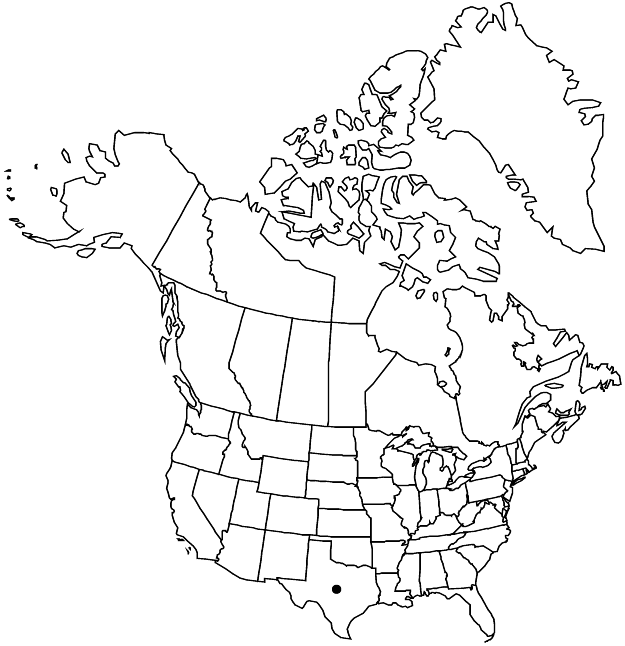Difference between revisions of "Paronychia lindheimeri"
Boston J. Nat. Hist. 6: 152. 1850.
FNA>Volume Importer |
FNA>Volume Importer |
||
| Line 12: | Line 12: | ||
|name=Paronychia chorizanthoides | |name=Paronychia chorizanthoides | ||
|authority=Small | |authority=Small | ||
| − | }}{{Treatment/ID/Synonym | + | }} {{Treatment/ID/Synonym |
|name=Paronychia lindheimeri var. longibracteata | |name=Paronychia lindheimeri var. longibracteata | ||
|authority=Chaudhri | |authority=Chaudhri | ||
| Line 53: | Line 53: | ||
|publication year=1850 | |publication year=1850 | ||
|special status= | |special status= | ||
| − | |source xml=https://jpend@bitbucket.org/aafc-mbb/fna-data-curation.git/src/ | + | |source xml=https://jpend@bitbucket.org/aafc-mbb/fna-data-curation.git/src/8f726806613d60c220dc4493de13607dd3150896/coarse_grained_fna_xml/V5/V5_75.xml |
|subfamily=Caryophyllaceae subfam. Paronychioideae | |subfamily=Caryophyllaceae subfam. Paronychioideae | ||
|genus=Paronychia | |genus=Paronychia | ||
Revision as of 17:41, 18 September 2019
Plants annual; taproot filiform to slender. Stems erect to ascending, much-branched, 15–33 cm, glabrous to minutely puberulent. Leaves: stipules lanceolate to ovate, 2.5–5 mm, apex acuminate to long-acuminate, entire; blade linear to filiform, 8–15 × 0.4–0.8 mm, leathery, apex acute to submucronate, glabrous. Cymes terminal and axillary, 5–20+-flowered, dichotomous, repeatedly branching and diffusely spreading, open, clusters 0.5–1.5 mm wide. Flowers 5-merous, short-campanulate, with enlarged hypanthium and calyx slightly constricted proximally, 1.6–2 mm, appressed-puberulent proximally; sepals red-brown, midrib and lateral pair of veins absent to evident, oblong, 0.8–1.1 mm, leathery to rigid, margins whitish to translucent, 0.05–0.1 mm wide, scarious, apex terminated by awn, hood present, broadly rounded, awn divergently spreading, 0.4–0.6 mm, ± broadly conic in proximal 1/2 with pale-yellow, scabrous spine; staminodes filiform, 0.5–0.7 mm; style 1, cleft in distal 1/6, 0.6–0.7 mm. Utricles ovoid-globose, 0.8–0.9 mm, smooth, glabrous.
Phenology: Flowering summer–fall.
Habitat: Rocky places on limestone hills and high prairies
Elevation: 100-600 m
Discussion
Selected References
None.
